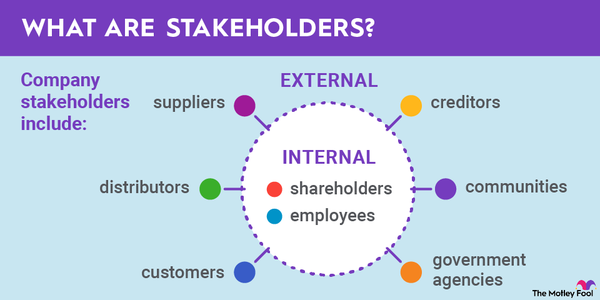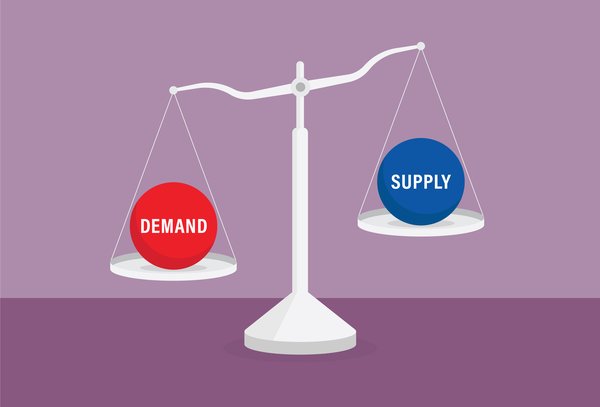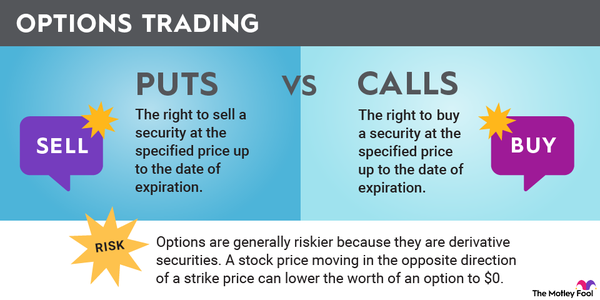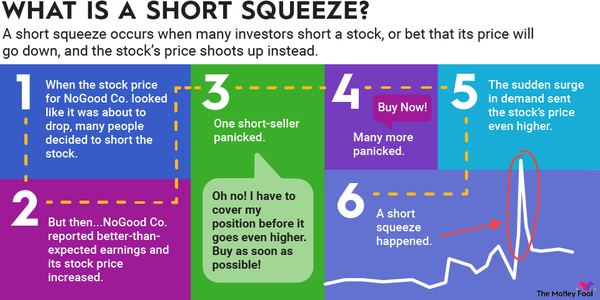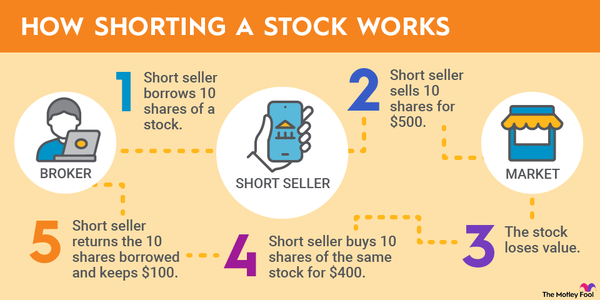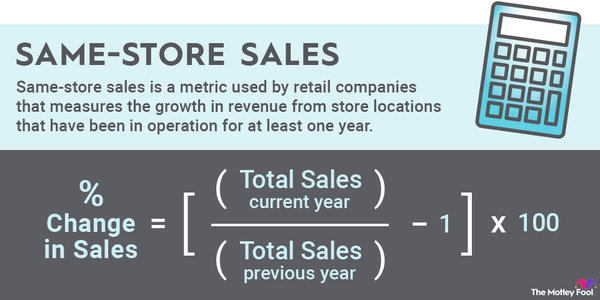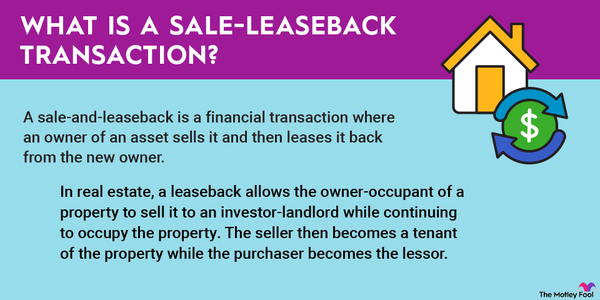These days, one of the few proverbial silver linings in an unsettled job market is the possibility of severance pay after a layoff. Here, we'll talk about severance, how it's calculated, what it can include, when you can negotiate for it, and how to manage it financially.

Overview
What is severance?
If you've been fired or laid off, you may have been offered a severance package that primarily consists of a lump sum of cash. Although you might have gotten severance because your former employer felt badly about your loss of a job, it's far more likely that the package was designed to prevent you from filing a lawsuit claiming wrongful termination, discrimination, or other violation of labor law.
About one in four U.S. companies offer severance packages to laid-off or fired employees, according to a 2023 survey. Companies aren't required to offer severance packages to laid-off or fired employees, but it's generally considered to be a wise practice that spares the company legal and reputational headaches.
What it includes
What does severance include?
Severance packages are generally structured around a lump cash payment. There's no set formula, but many companies will offer a week or two of your salary for every year worked. If you earned $78,000 ($1,500 every week) when you were laid off and had worked for the former employer for 10 years, you might be eligible for a $15,000 severance payment.
In many states, your severance payment also must include any unused vacation or personal time off (PTO) that you've accrued. So, if you were laid off but hadn't used two weeks of vacation time, you'd have another $3,000 coming your way.
Again, it's important to note that companies aren't absolutely required to offer severance unless there's a collective bargaining agreement in effect or it involves a government agency that has very clear rules for agreements with laid-off or fired employees.
Negotiation
Negotiating severance
Most companies have rules in place before layoffs or firings to minimize the potential for legal complications. That doesn't mean you can't negotiate for a better deal, though.
When negotiating severance, it's wise to ask for legal help in reviewing the package. Non-compete clauses are illegal in many states, but they can still be included in some severance agreements. Likewise, non-disparagement clauses can be a legal minefield for both the former employer and former employee.
Remember, the company's reason for offering you severance is usually to avoid lawsuits or reputational damage. Even though you're losing your job, you may still have leverage to obtain a better deal.
A better deal doesn't have to involve cash. Healthcare is expensive, and some companies will help subsidize the continuation of your employer-provided health insurance premium via COBRA for a certain period to make sure you keep your insurance. Your companies may also offer outplacement services, designed to help you find another job. If you have an employer-issued laptop or phone, you could also negotiate with your former employer to keep them.
If possible, find out how competitors handle severance. If it's a better deal, ask your former employer to match it. If your former employer wants your help with the transition, use that as leverage, as well.
Related investing topics
Taxes
Severance pay and taxes
The IRS levies taxes on severance pay in the year it was received. It's likely that your former employer will automatically withhold taxes from your lump sum. Sometimes, however, employers apply a flat withholding rate (generally 22%). Keep in mind also that any unused vacation or PTO time is taxable.
Calculating the effect of a severance payment on your taxes can be difficult since the additional money can push you into a higher tax bracket or make you ineligible for several credits and deductions. Depending on the time of year when you're laid off, it may make sense for you to request the lump sum and accrued time off be split into monthly, quarterly, or even semiannual payments.















